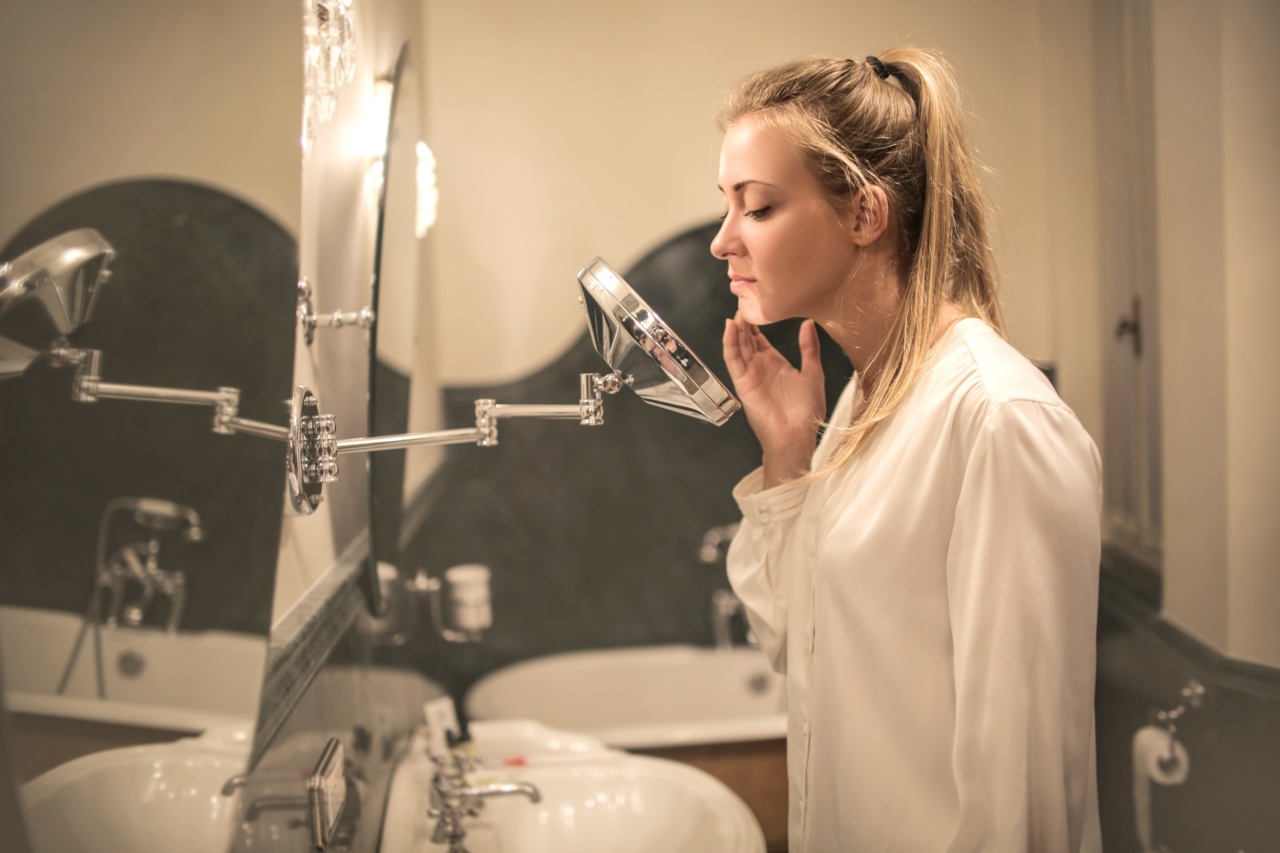Acne is a common skin condition that affects many people at some point in their lives. It can be frustrating and embarrassing, especially if you’re not sure how to treat it.
Unfortunately, there are many misconceptions and mistakes when it comes to treating acne. In this article, we’ll go through the 10 most common mistakes people make when treating acne.
Mistake #1: Not Cleansing Your Face Properly
One of the most common mistakes people make when treating acne is not cleansing their face well enough. Cleansing your face twice a day is important, but it’s equally important to do it properly.
Your skin needs to be thoroughly cleaned to remove any dirt, oil, and makeup that can clog your pores and cause acne. Use lukewarm water and a gentle cleanser that’s suitable for your skin type. Avoid using hot water and harsh scrubbing, as this can damage your skin and make things worse.
Mistake #2: Over-Exfoliating Your Skin
Exfoliating your skin can be beneficial for removing dead skin cells and unclogging pores. However, over-exfoliating can actually make acne worse.
When you over-exfoliate, you strip away the natural oils that protect your skin, leaving it dry and irritated. This can trigger inflammation and further breakouts. Exfoliate your skin once or twice a week at most, and be gentle.
Mistake #3: Using Harsh or Irritating Products
Another mistake people make when treating acne is using harsh or irritating products on their skin. Acne-prone skin is often sensitive, so it’s important to use gentle, non-comedogenic products.
Harsh products can strip away your skin’s natural oils, making it more vulnerable to acne-causing bacteria. Irritating products can also damage your skin’s protective barrier, leading to inflammation and more breakouts. Look for products that are labeled “non-comedogenic,” “oil-free,” or “fragrance-free.”.
Mistake #4: Picking or Squeezing Your Pimples
It’s tempting to pick or squeeze your pimples when you see them, but this is a big mistake. Picking or squeezing can lead to scarring, inflammation, and infection, making your acne worse.
It can also push bacteria deeper into your pores, causing more pimples to form. Instead, let your skin heal naturally and use a spot treatment to help reduce the size and redness of your pimples.
Mistake #5: Not Moisturizing Your Skin
Some people with acne-prone skin think that they should avoid moisturizing their skin because it will make their acne worse. However, this is not true. Moisturizing is important for keeping your skin hydrated and healthy.
When your skin is dry, it can become more irritated and inflamed, leading to more breakouts. Use a lightweight, non-comedogenic moisturizer that won’t clog your pores.
Mistake #6: Ignoring Your Diet
Your diet can play a big role in the health of your skin. Eating a diet high in sugar, processed foods, and dairy can lead to inflammation and acne.
On the other hand, eating a diet rich in whole foods, fruits, and vegetables can help support healthy skin. Drinking plenty of water can also help flush out toxins and keep your skin hydrated. If you’re struggling with acne, consider making some changes to your diet.
Mistake #7: Using Too Many Products at Once
When it comes to treating acne, less is often more. Using too many products at once can actually make your acne worse. This is because using too many products can strip away your skin’s natural oils, causing it to become dry and irritated.
Stick to a simple skincare routine that includes a gentle cleanser, moisturizer, and spot treatment if needed.
Mistake #8: Skipping Sunscreen
Sunscreen is important for protecting your skin from harmful UV rays, but it’s especially important for acne-prone skin. Some acne medications can make your skin more sensitive to the sun, so it’s important to wear sunscreen every day.
Look for a non-comedogenic, oil-free sunscreen that won’t clog your pores.
Mistake #9: Expecting Overnight Results
Treating acne takes time and patience. It’s important to have realistic expectations and not expect overnight results. Many acne treatments take weeks or even months to start working. Consistency is key when it comes to treating acne.
Stick with your skincare routine and be patient.
Mistake #10: Not Seeing a Dermatologist
If you’re struggling with acne and nothing seems to be working, it’s important to see a dermatologist. A dermatologist can help determine the underlying cause of your acne and develop a treatment plan that’s tailored to your needs.
They can also prescribe medications that are not available over the counter.































